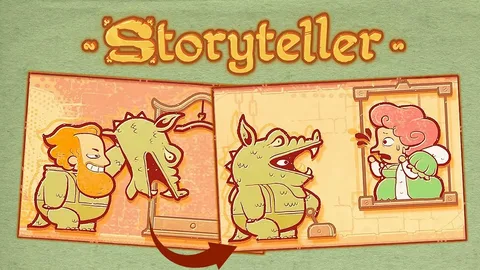Throughout history, games have been more than just ways to pass the time. They are reflections of culture, mirrors of law, and proof of humanity’s desire for connection. From the earliest dice in Mesopotamia to bingo cards in Philippine fiestas, and now to live-streamed draws on smartphones, play has never disappeared—it has only transformed.
Online Entertainment Trends: The Virtual Plaza
For centuries, people gathered physically to play. In the Philippines, bingo halls and fiestas were spaces of laughter, anticipation, and togetherness. But entertainment has shifted. Today, online platforms function like digital plazas—spaces where communities gather not in person but through technology.
Platforms such as Nustar games embody this evolution. They carry the heart of traditional games into global spaces, allowing players oceans apart to share the same thrill of numbers being called. Far from replacing tradition, digital play preserves it in a format future generations understand.
Gambling and the Law: A Dialogue Across Centuries
Games of chance have always sparked debates about regulation. Ancient Roman leaders restricted dice in public, though they remained popular in private gatherings. European monarchs alternated between banning gambling and profiting from lotteries. These patterns show a truth: law has always walked alongside play.
The Philippines continues this dialogue through PAGCOR. When online bingo was officially licensed in 2022, it signaled a legal acknowledgment of cultural reality: play had already migrated online. By regulating it, the law ensured accountability while allowing tradition to adapt.
The Science of Play: Why Uncertainty Excites Us
Why do humans keep playing games based on chance? Neuroscience offers a clue. The human brain is wired to release dopamine in response to unpredictable outcomes. Each draw, roll, or spin excites us, even before results are known.
Psychology further explains why play endures—it creates belonging. From a bingo hall filled with cheers to an online chat window buzzing with excitement, the social energy of games makes them more than solitary diversions. They become collective experiences.
Rewards That Reinforce Community
In traditional community games, applause, encouragement, and small tokens made participants feel valued, even if they didn’t win. That recognition turned play into something more meaningful than competition.
Today, systems like pagcor casinos continue this legacy. They celebrate consistency, loyalty, and milestones, reminding players that entertainment is about participation as much as victory. Rewards make digital play echo the inclusivity of community gatherings.
Games as Cultural Markers
Archaeologists uncover dice, boards, and gaming tokens in ruins across the world. These artifacts prove that games are part of cultural memory. They reveal how societies approached luck, fate, and leisure.
In the Philippines, bingo is deeply tied to fiestas, fundraisers, and family nights. Moving the game online doesn’t erase its cultural weight. Instead, it ensures the tradition remains alive, carried into the future in ways that remain accessible to younger generations.
Looking Ahead: Tradition in a Digital Age
The future of gaming may bring immersive VR bingo halls, AI-powered personalization, and global tournaments streamed to millions. Yet the essence of play will not change. Games will still provide suspense, laughter, and connection. They will still operate within legal frameworks. And they will still carry cultural traditions forward.
From carved dice in ancient temples to digital apps today, the story of play is continuous. It reminds us that entertainment is not trivial—it is part of our shared human experience, balancing chance with community, law with leisure, and tradition with innovation.
For more insights into how culture, entertainment, and law shape the way we play, go here to explore further.


